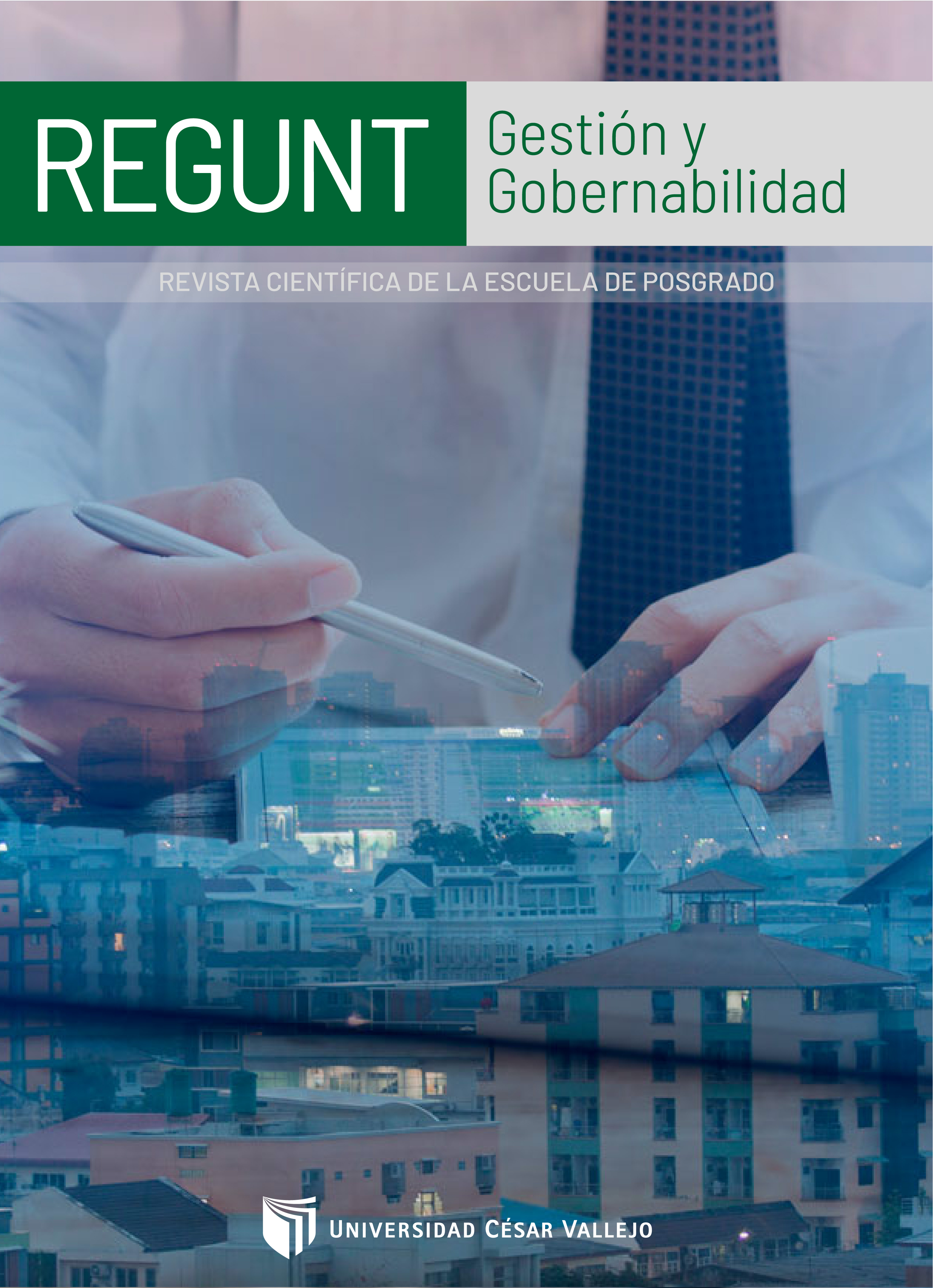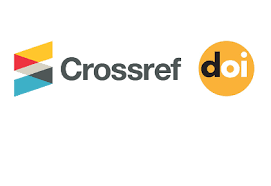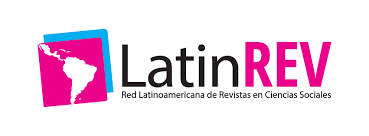Exclusion of illegal evidence in the judicial decisions of the military police Peru Jurisdiction
DOI:
https://doi.org/10.18050/regunt.v2i2.06Keywords:
due process, illegal evidence, justice and effective judicial protectionAbstract
The objective of the research was to analyze the implications of the exclusion of illegal evidence in the judicial decisions of the Peruvian Military Police Jurisdiction, in the context of field analysis in Lima. The hybrid method of basic type of qualitative approach, with thematic analysis design. The population was represented by eight interviews with different experts in the field and the review of two files of the Military Police Jurisdiction (one from 2019 and another from 2020). The collection of information occurred through interviews, analysis of documentary sources and mapping; Likewise, the data collection instruments were of the interview guide, questionnaire and data triangulation type, which were adequately validated through expert judgment. It was concluded that the evidence must be admitted in the criminal process for its evaluation, due to the function that the evidence fulfills in the criminal process to establish justice through the truth, and that all the evidence, including the evidence unlawful, are duly guaranteed within the right to due process and effective judicial protection, established in article 139.3 of the Political Constitution of Peru.
References
Asencio J. (2018). Derecho procesal penal: estudios fundamentales. Editorial Instituto Peruano de Criminología y Ciencias Penales. https://books.google.co.ve/books?id=FfKUAQAACAAJ&dq=Derecho+procesal+penal:+estudios+fundamentales&hl=es-419&sa=X&ved=2ahUKEwjZoaX2lbHwAhXbSjABHZZ9DnwQ6AEwAHoECAAQAQ
Barrios, L. (2018). El Poder Punitivo del Estado y sus Limitaciones.https://www.academia.edu/7472652/_El_Poder_Punitivo_del_Estado_y_susLimitaciones_Una_aproximaci%C3%B3n_te%C3%B3rica_desde_el_derecho_penal_y_la_discriminaci%C3%B3n
Berger T. (2020). Investigative Criminal Procedure in Focus. Editorial Wolters Kluwer Law & Business
Bohórquez, D. (2018). Rol del Derecho Penal frente al Ejercicio del Poder Punitivo delEstado.http://mriuc.bc.uc.edu.ve/bitstream/handle/123456789/4511/dbohorques.pdf?sequence=1
Carrasco, N. (2019). Efectividad de las normas procesales civiles. Revista de derecho Valparaíso, (52), 67-100. http://dx.doi.org/10.4067/S0718-68512019005000301
Chará, W. (2020). Crisis en los sistemas penitenciarios: derechos humanos, hacinamiento y desafíos de las políticas criminales. https://doi.org/10.17533/udea.esde.v78n171a05
Hidalgo J. (2017). Criterios para la admisión de la prueba ilícita en el proceso civil peruano (tesis de pregrado, Universidad Privada Antenor Orrego,Trujillo, Perú). http://repositorio.upao.edu.pe/handle/upaorep/2788
Iñiguez E. (2017). El poder oculto de la prueba ilícita: una aproximación psicológica. THĒMIS-Revista De Derecho, (71), 167-182. Recuperado de http://revistas.pucp.edu.pe/index.php/themis/article/view/19820
Medina, R. (2017). Prueba ilícita y regla de exclusión en materia penal. Editorial Universidad del Rosario.
Rodríguez M. (2018). Sistema acusatorio de justicia penal y principio de obligatoriedad de la acción penal. Revista de Derecho de la Pontificia Universidad Católica de Valparaíso, volumen 1, numero 01, pp. 643 – 686. http://www.revistaiepraxis.cl/index.php/iepraxis/article/download/1092/553
San Martín, C. y Pérez, M. (2018). Jurisprudencia Penal, Procesal Penal y de Ejecución Penal Vinculante y relevante. INPECCP.
Toro, L. y Bustamante M. (2019). La investigación y la prueba de contexto como elementos de política criminal para la persecución del crimen organizado. Revista criminalidad. Volumen 62. Número 01. http://www.scielo.org.co/scielo.php?script=sci_arttext&pid=S1794-31082020000100101&lang=pt#back_fn1
Varpio, L., Ajjawi, R., Monrouxe, L. v., O’Brien, B. C., y Rees, C. E. (2017). Shedding the cobra effect: Problematising thematic emergence, triangulation, saturation and member checking. Medical Education, 51(1), 40–50. https://doi.org/10.1111/medu.13124
Downloads
Published
How to Cite
Issue
Section
License

This work is licensed under a Creative Commons Attribution 4.0 International License.
La Revista Regunt usa la licencia Creative Commons de Atribución; pudiendo:
Compartir — copiar y redistribuir el material en cualquier medio o formato
Adaptar — remezclar, transformar y crear a partir del material
para cualquier finalidad, incluso comercial.










